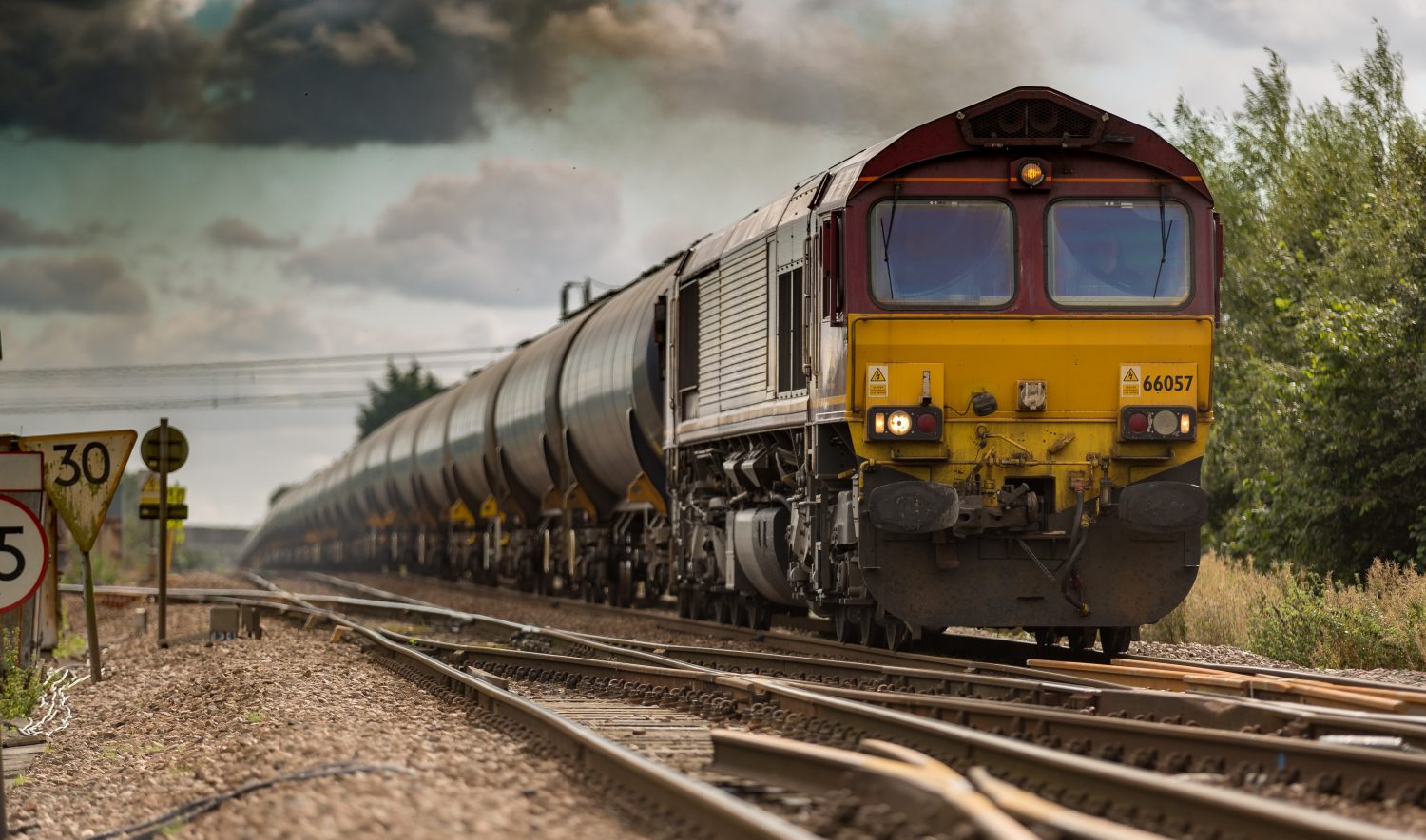What is the role of steel fabrication in the rail industry?
04th May

The rail industry has a lot of specific parts that perform certain functions and roles in order for the process has a whole to run smoothly. This means specially fabricated metal is needed to meet the precise requirements of the industry and to help workers complete their jobs effectively. Steel is often the metal of choice because railway fabrication demands a robust material that can withstand a significant amount of weight and other external factors without deteriorating. In this guide we’ll be looking at where steel fabrication fits into the industry as well as some projects that FEM have worked on for clients working in the sector.
How is steel fabrication used in the rail industry?
When you picture fabrication for the rail industry you’d immediately think about the big things like the tracks. Even though that is a part of the steel fabrication needs for this industry it’s not the only role it has. There are the railcars themselves, bogie manufacturing, gate and railing fabrication, railroad bolts, fasteners, and spikes that hold everything together.
A lot goes into creating parts for the rail industry, it plays such a vital role that it can even be described as the backbone. If rail businesses didn’t have custom metal fabrication parts, they wouldn’t be able to fulfil their role of providing safe and efficient transport to commuters and travellers across the country.
What work has FEM done for the rail industry?
As experienced fabrication engineers, the team at FEM has worked on a wide range of bespoke projects for the railway industry. You can find our full range of work on our case studies page but below we will be looking at a few examples.
Trainwash
A client in the rail and transportation industry approached FEM because they needed a large structure that could clean trains as they passed through. Our fabricators used stainless steel and galvanised steel to create the trainwash. Galvanisation adds extra corrosion and rust resistance to the metal, which is key for structures like this that will be in regular contact with water. It’s a service we are happy to provide if customers request it. Like all our projects this work was fabricated to BSEN1090 standards and our ISO 9001 management system.
Parts for the rail industry
In recent years there has been a significant increase in the number of trains in operation in the UK, which means a greater demand for regular complex fabrication. Not only are we railcar manufacturers, but we also have experience with creating a range of parts for the industry. One example is a large transfer car for carrying train carriages. Tolerancing was a vital part of this project as every part had to be perfect in order for it to securely fix to the underside of the train. Not matter how big or small the work is, tolerancing is specified in customer drawings and is always completed accurately by our skilled engineers.
Train turntables
Turntables are a key part of the rail industry and at FEM, we have rolled, fabricated, and welded 4, 3.4 metre diameter turntables for the UK rail industry. As always, the work was carried out to ISO 9001 quality standards and a detailed inspection was done to ensure the finished products worked smoothly and effectively, before they were delivered to the client.
Conclusion
The relationship between metal fabrication and the rail industry is an extremely close and important one and one that will continue long into the future. If you operate in the rail sector and require specific, custom steel fabrication, FEM can help. As you can see from the above examples our team are very familiar with the rail industry and have worked on a number of projects in that area before. Contact us today to discuss your fabrication needs and see how our services can benefit you.